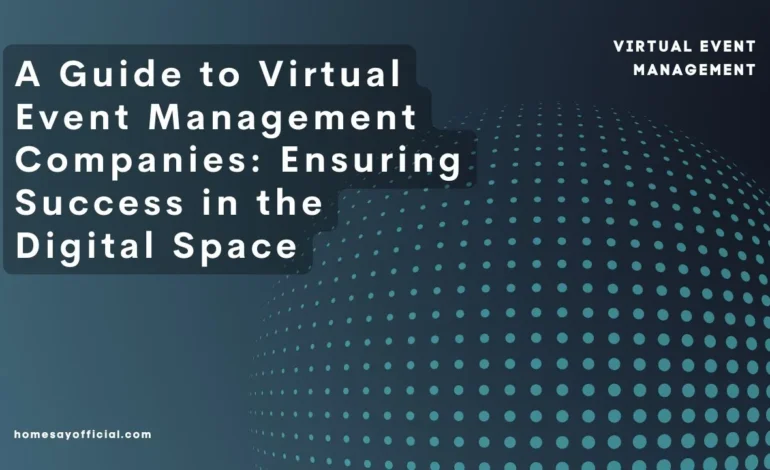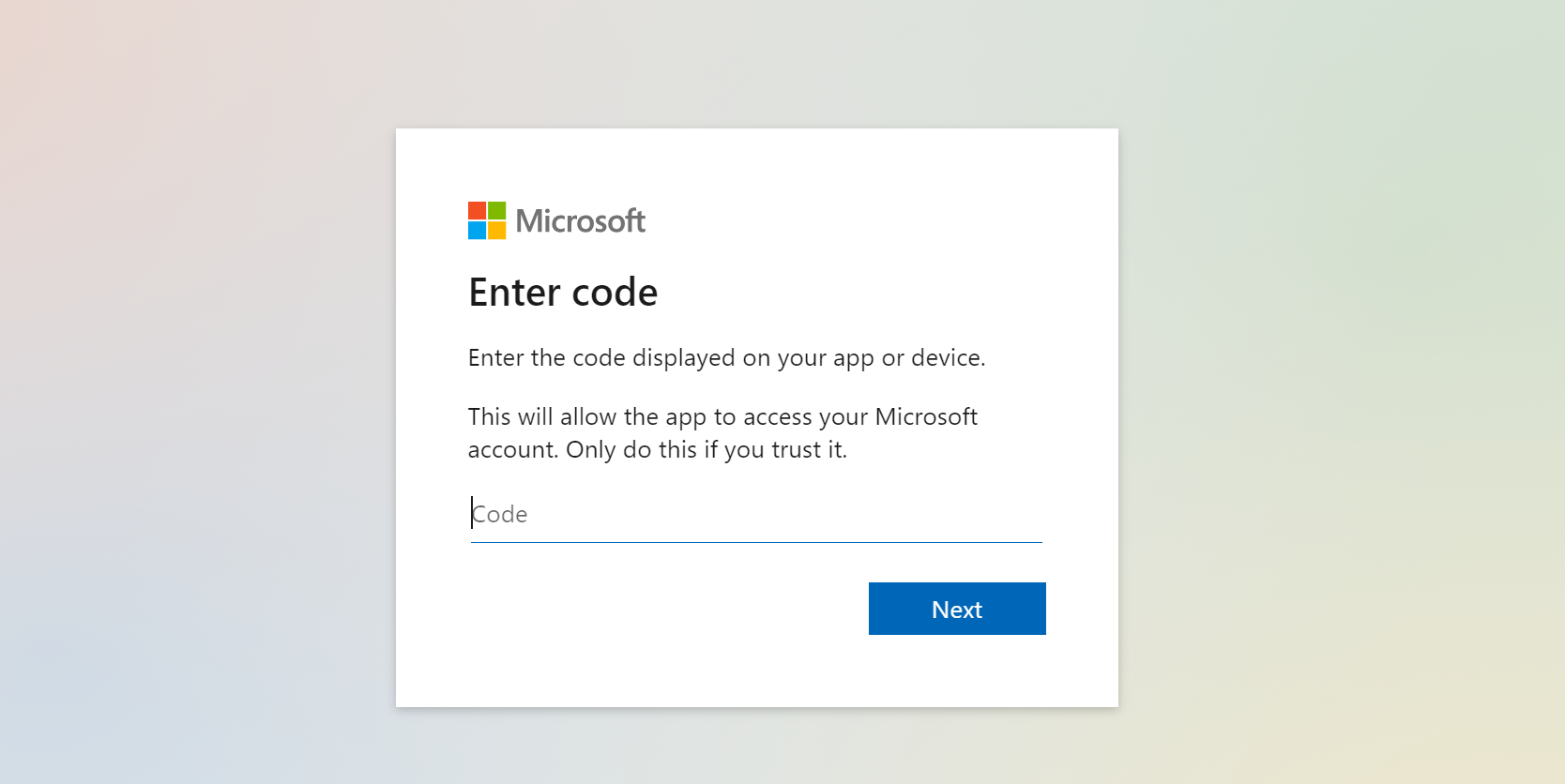
A Guide to Virtual Event Management Companies: Ensuring Success in the Digital Space
The shift to virtual events has transformed how businesses, and individuals connect with their audiences. From global conferences to product launches, virtual events have become essential for companies looking to reach a broader audience while cutting down on costs.
However, organizing a successful virtual event requires much more than simply hosting a video call. This is where virtual event management companies come in, offering comprehensive support and expertise to ensure flawless digital experiences. This article will explore the key services these companies provide and how they ensure success in the digital space.
Table of Contents
Comprehensive Strategy Development
Event management companies offer end-to-end planning services, helping clients strategize and design their events for maximum impact. These companies begin by understanding the client’s objectives, the target audience, and the key message they want to convey. With this insight, they create a comprehensive plan that addresses every aspect of the event, from selecting the right platform to determining the content flow.
The planning phase includes setting up timelines, assigning roles, and identifying key performance indicators (KPIs) to measure the event’s success. The company will also provide guidance on the event format, whether it should be a webinar or a virtual conference. This thorough planning ensures the event is aligned with the client’s goals and runs smoothly.
Platform Selection and Setup
Choosing the right platform is crucial for the success of any virtual event. With many virtual event platforms available, each with its own features, selecting the best one can be overwhelming. Virtual event management companies help clients navigate this decision by recommending platforms that fit their needs, whether it’s for large-scale webinars, interactive conferences, or small workshops.
These companies handle all the technical aspects of setting up the platform, including customizing it to match the client’s branding, creating registration forms, and integrating tools like live polls, Q&A sessions, and breakout rooms. This technical expertise ensures that the event platform is user-friendly, secure, and equipped with the necessary features to engage the audience.
Content Creation and Speaker Management
A successful virtual event is driven by compelling content and engaging speakers. These companies assist in content creation, working closely with clients to develop a schedule that includes keynotes, panel discussions, interactive sessions, and even entertainment. They can also help create visuals, videos, and presentations that align with the overall theme of the event.
Additionally, these companies handle speaker management, ensuring that all presenters are well-prepared. This includes providing training on how to use the platform, conducting technical rehearsals, and coordinating schedules to avoid any last-minute issues. By managing the speakers and content effectively, the event management team ensures the event flows seamlessly from one session to the next.
Audience Engagement and Interaction Tools
One of the challenges of virtual events is maintaining audience engagement. Without face-to-face interactions, keeping participants actively involved requires innovative tools and strategies. Professional companies offer a range of solutions to increase engagement, from live chat and Q&A sessions to interactive polls and gamification elements.
These tools help create a more immersive experience for attendees, making them feel like active participants rather than passive viewers. The companies also monitor audience interaction in real time, allowing them to adjust on the fly and ensure that the event remains dynamic and engaging.
Technical Support and Troubleshooting
Technical issues can quickly derail a virtual event if not handled promptly. From poor audio quality to connectivity problems, these disruptions can leave a negative impression on participants. Providing technical assistance at every stage, these companies ensure seamless execution by offering support before, during, and after the event.
Their team of technical experts monitors the event for any potential issues and offers immediate troubleshooting solutions if problems arise. This support includes helping attendees with login issues, ensuring video and audio quality, and resolving any other technical difficulties. With reliable technical support in place, clients can focus on delivering content without worrying about technical glitches.
Post-Event Analytics and Reporting
Measuring the success of a digital event is critical for understanding its impact and identifying areas for improvement. Such event management companies offer detailed post-event analytics and reporting, providing valuable insights into attendee engagement, participation rates, and other key metrics.
These reports help clients evaluate the event’s performance based on predefined KPIs, such as the number of attendees, time spent in sessions, audience engagement levels, and feedback from participants. This data is essential for refining future events and ensuring continuous improvement in the event management strategy.
Organizing a virtual event involves multiple moving parts, from platform setup and speaker management to audience engagement and technical support. These companies offer the expertise needed to ensure that every aspect of the event is executed flawlessly. By partnering with these professionals, businesses, and organizations can focus on delivering impactful content while leaving the logistical and technical challenges to the experts.





